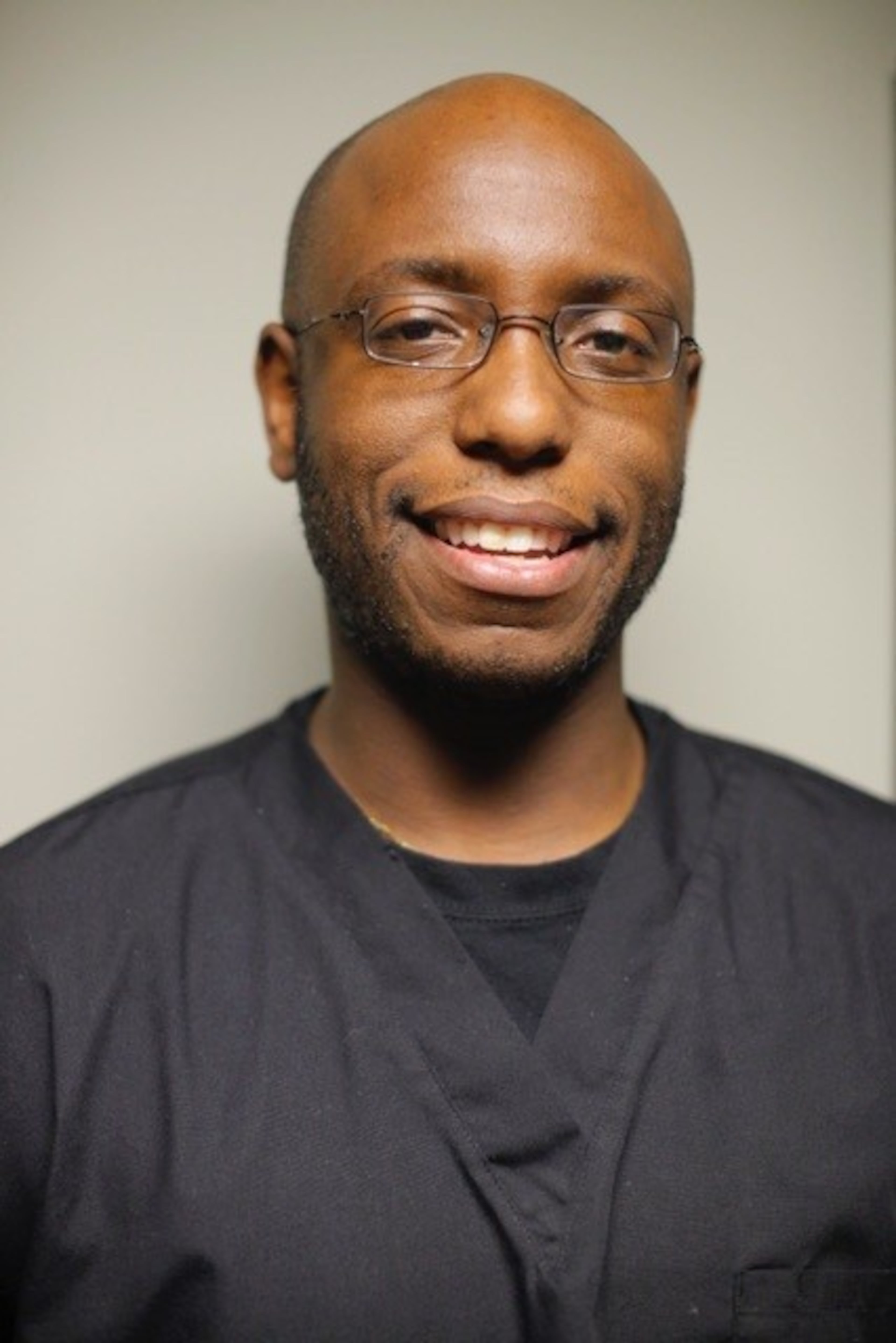Future Medicaid cuts do not equate to Georgians becoming healthier

We all knew “Ricky” as the guy with “that” tattoo. Over time, though, the pale, sun-spotted skin underneath became so pockmarked with scars that some of the letters became illegible.
As a physician in one of the busiest emergency departments on the East Coast, I had the opportunity to care for Ricky on several of the occasions where his severe mental illness drove him to insert random objects into his skin, from nails to safety pins.
He seemed invincible, but eventually his body succumbed to these self-inflicted injuries. Despite all the psychiatric resources, his internal bleeding became unstoppable.
Like so many of the cuts Ricky put on his body, self-inflicted cuts to the Medicaid program are also masochistic and may lead to harm of our entire health care safety net.
Georgia is the only state that has a fully implemented work requirement for Medicaid recipients as part of the Georgia Pathways program. With this program, Medicaid’s benefits extend to people making up to 100% of the federal poverty level, which is a mere $26,000 for a family of four. But to remain enrolled, participants need to perform 80 hours of “qualifying activity” every month.
Emergency rooms become primary care for those who can’t afford health insurance
The main goal listed on the Georgia Pathways website is to “increase access to affordable healthcare coverage,” which the program has minimally achieved. Of the nearly quarter million people the program estimated were eligible, less than 10,000 people, or 3% of the goal, have enrolled.
This number even pales in comparison to the persons who’ve been disenrolled since the end of the COVID-19 pandemic.

But, as intuitive as it is to think people who don’t get Medicaid coverage “just have to go without health care” may be, the lived reality is different. While primary care offices are free to see whomever they wish, emergency departments are governed by the Emergency Medical Treatment and Labor Act, which mandates that we perform a medical screening exam on all who request it.
At the end of most of these medical screening exams where a life-threatening condition was not elicited, there is often a diagnosis and treatment plan that requires very little incremental time and cost to address. Our efficient practice has led to the misconception that the emergency department is a comprehensive health care solution, prompting patients to visit regardless of their payment ability.
Patients unable to access preventive care often end up at emergency departments like Grady Memorial Hospital, where we are proud to serve them and all Atlantans. However, the emergency departments in Georgia that suffer the most in cuts from Medicaid are smaller and rural as they often operate on thinner margins.
If these places close from lack of paying Medicaid patients, available beds decrease everywhere, impacting not only Medicaid enrollees but also the general public. Plus, fixed costs of X-ray cameras and dialysis machines mean less money for updates, resulting in outdated equipment for all patients.
Cutting residents off health care does not necessarily reduce taxpayer costs
Perhaps our system does not have to suffer in this way. What if Ricky had the kind of support where he could become able to see that cutting himself was optional.
We tell ourselves it’s about accountability. But studies show that work requirements don’t improve employment. In Kentucky, the state increased administrative costs and reduced enrollment — without helping people get back to work or save taxpayer dollars. It cost more and helped fewer to chase this myth that people need to be cornered into caring for themselves.
Ostensibly worsening the lives of the working poor while costing Georgian taxpayers appears as absurd as swallowing pen filaments.
The recently passed One Big Beautiful Bill Act will require states to implement work requirements for persons at 100% of the federal poverty level, and soon the Government Accountability Office will release a report of the actual impact of the Pathways to Coverage program. When it does, my hope is that our leaders — on both sides — will see past the rhetoric and look at the facts.
We all want a healthier Georgia. The question is whether we’ll choose the path that actually leads us there. Because the truth is, when we cut health care for others, we’re cutting into ourselves, too.
Anwar Osborne, M.D., M.P.M., FACEP, is a dual board-certified emergency medicine and internal medicine physician working at Grady Memorial Hospital.

